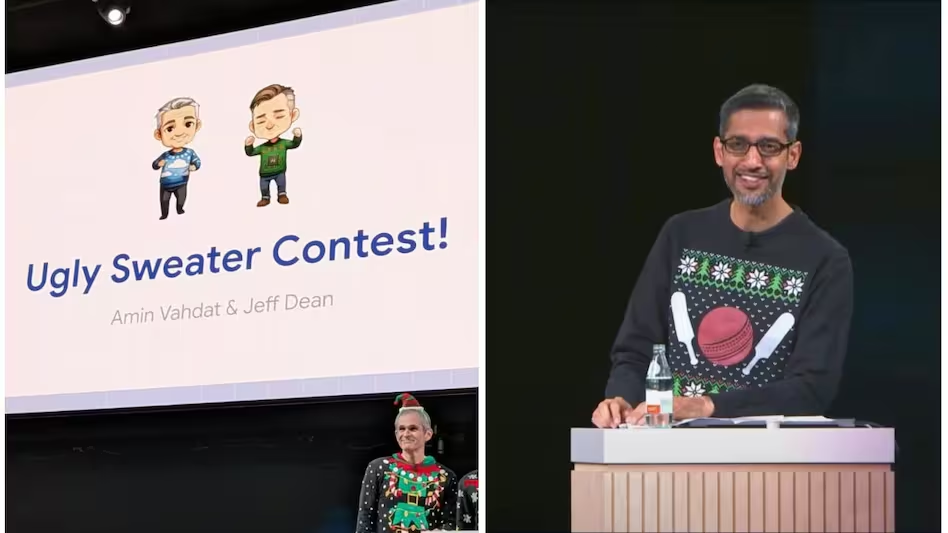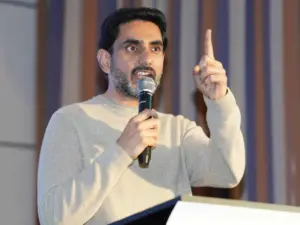
Google CEO Sundar Pichai has set an ambitious vision for 2025, urging the company to accelerate innovation and maintain focus amidst increasing competition, regulatory challenges, and rapid advancements in artificial intelligence. Speaking at a strategy meeting earlier this month, Pichai emphasized the importance of delivering cutting-edge solutions, declaring 2025 a “critical” year for Google.
“I think 2025 will be pivotal,” Pichai told employees during the meeting at Google’s Mountain View headquarters, with some participants attending virtually. “The stakes are high. We’re in a moment of disruption. In 2025, we need to stay relentlessly focused on unlocking the potential of this technology and solving real-world user problems.”
The meeting came after a turbulent year for Google, characterized by internal restructuring, heightened regulatory scrutiny, and mounting competition in AI, particularly from OpenAI and its popular ChatGPT model.
A key topic of discussion was Google’s Gemini AI model, which Pichai identified as a top priority for 2025. Gemini, which includes tools like a chatbot and consumer applications, has set a goal of reaching 500 million users. DeepMind co-founder Demis Hassabis highlighted plans to “turbocharge” Gemini, envisioning a universal assistant that would work seamlessly across any domain, device, or platform. Hassabis also previewed updates to Project Astra, Google’s experimental universal assistant, set for release in the first half of 2025.
“The products are going to evolve dramatically over the next year or two,” Hassabis remarked, pointing to the rapid growth of consumer-facing AI tools.
While Google retains its dominance in search, the rise of generative AI is reshaping the digital landscape. Competitors like OpenAI, backed by Microsoft, and Perplexity AI, are making significant strides with AI-powered search solutions. Acknowledging this competition, Pichai noted, “In history, being first isn’t always essential, but execution and being the best in class matter. That’s the focus for 2025.”
Josh Woodward, head of Google Labs, demonstrated several new AI-driven products, including:
Jules: A coding assistant designed to aid software development.
NotebookLM: An AI-powered notetaking tool that integrates podcasts.
Project Mariner: A Chrome extension aimed at simplifying multitasking, such as syncing restaurant data from Tripadvisor with Google Maps.
The live demos were met with enthusiasm from employees, highlighting Google’s commitment to delivering practical and innovative AI solutions.
Google’s ambitions are set against the backdrop of legal and regulatory challenges. In 2024, the company faced accusations of monopolistic behavior in search and advertising. Pichai acknowledged the scrutiny, saying, “We’re aware of the challenges we face globally. It comes with our size and success.”
Despite these obstacles, Pichai urged employees to adopt a scrappy mindset, recalling the resourcefulness of Google’s founders, Larry Page and Sergey Brin. “Constraints often spark creativity. Not every problem requires additional headcount,” he remarked, referencing the company’s recent cost-cutting measures, including workforce reductions in 2023.
Recent Random Post:
















